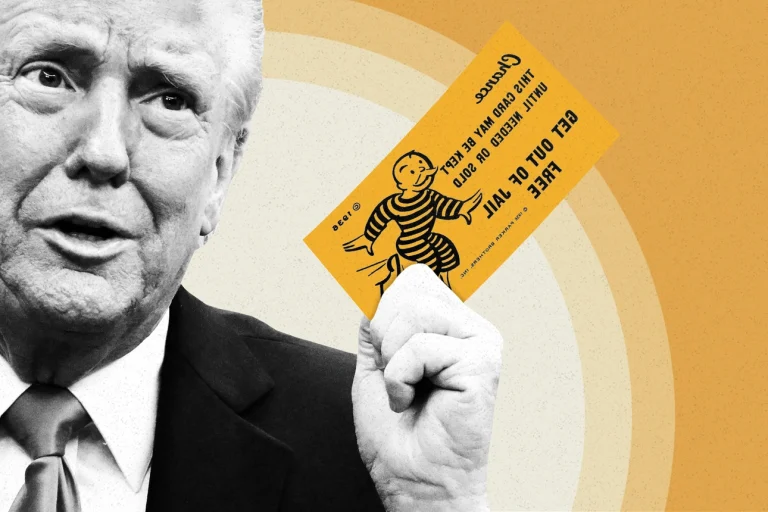
Trump Imposes Tariffs on Mexico and Canada: What You Need to Know
President Donald Trump made a significant announcement on Thursday regarding tariffs on Canada and Mexico, set to begin on Saturday. This decision comes amidst concerns about illegal migration, fentanyl, and trade deficits, as Trump reiterated in his remarks to reporters.
Reasons Behind the Tariffs
Trump highlighted several reasons for the imposition of tariffs. These include addressing the influx of people into the country, combating the flow of drugs like fentanyl, and addressing the trade deficits with both countries.
Potential Tariff Changes
While the initial tariffs stand at 25%, Trump hinted that these rates could fluctuate in the future based on various factors.
When questioned about the possibility of extending tariffs to include Canadian oil imports, Trump mentioned that a decision on this matter would be made soon.
Focus on China
Trump also hinted at potential actions against China, particularly regarding the issue of fentanyl entering the country. However, specific details about tariffs on Chinese imports remain undisclosed.
Response from Mexico and Canada
Mexican and Canadian officials are engaged in discussions with the Trump administration to address border security concerns and avert the implementation of tariffs. Both nations have expressed willingness to retaliate with tariffs of their own if necessary.
Impact on Agriculture and Automotive Sectors
The proposed tariffs would have significant repercussions on the agricultural and automotive industries. U.S. agricultural imports from Mexico and Canada amount to billions of dollars, making American farmers vulnerable to retaliatory measures.
The U.S. auto sector, heavily reliant on imports from these countries, is also bracing for potential cost escalations due to the tariffs.
Concerns and Reactions
Various stakeholders, including the U.S. Chamber of Commerce and the American Automotive Policy Council, have expressed apprehensions about the tariff implementations. The potential economic impact on consumers, manufacturers, farmers, and ranchers has raised concerns across different sectors.
As the situation unfolds, the focus remains on addressing border security issues, trade deficits, and the broader implications of these tariff decisions.
It is essential to stay informed about the latest developments and reactions to the tariffs imposed by the Trump administration on Mexico and Canada.















